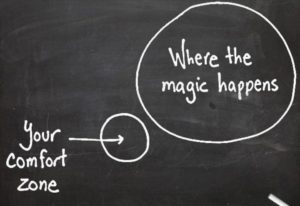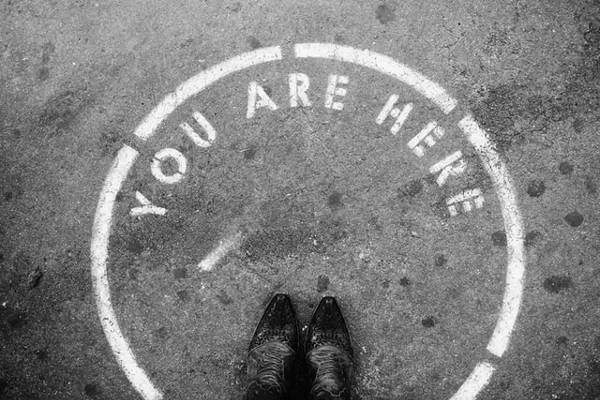The Vulnerability Paradox
According to Brené Brown, a shame researcher who has spent the last sixteen years studying courage, vulnerability, shame, and empathy, there is something called a vulnerability paradox: “It’s the first thing I look for in you and the last thing I want you to see in me.” I had an experience last week that proved to me that this is true, not only in our personal lives but in our professional lives as well. As therapists, many of us have been trained psychodynamically in which the therapist is supposed to be more of a “blank slate” for the patient to project all their fantasies onto. The longer I practice the more I diverge from this theory, because I have time and time again seen how my willingness to show myself to my patients actually enhances their connection to me, and therefore to themselves.
A month ago, my boyfriend suddenly broke up with me, blindsiding me completely. Although I’ve been through a divorce, this breakup had me on my knees sobbing and broken. For many therapists, work can be a wonderful distraction from a personal crisis. Although I have felt that at times, this crisis had me crying in between sessions and simply grasping to keep my shit together. I was able to focus during sessions, but in between the feelings of loss and abandonment came flooding back to me.
So, I had just wiped the tears from my eyes when in walked a 47 year-old man with relationship and addiction issues, whom I’d been seeing in therapy for 5 years. For several reasons, this particular patient knew I had gone through a divorce and had met my boyfriend online (I was trying to legitimize the online dating scene by sharing my own experience so he would try it). Every few months he would check in, casually asking if I was still dating the same guy and inquiring how it was going with my daughters meeting him, etc. I braced myself, wondering if today would be the session he would check in. Sure enough, about 30 minutes in, he asked about my relationship. I hadn’t planned what I would say, and the moment was here. I took a deep breath and told him that unfortunately, my relationship had unexpectedly ended several weeks before. He responded with genuine disappointment, concern, and care, asking how I was doing and how my daughters were coping.
Within a few minutes, I could no longer contain my sadness and began to tear up. As soon as my patient saw my tears, he too began to cry (having only cried a few times during the entirety of his therapy). He expressed empathy for me, compassion for my heartbreak, and then the next piece surprised me: my patient expressed tremendous gratitude to me for allowing him to see my pain, show him my imperfections, and help him see that even therapists struggle with rejection, loss, and grief. He said it made him trust me more, feel closer to me, and that it made him think I was an even more amazing therapist and human being. I expressed gratitude to him for his caring, and then we moved on.
The following week we circled back to the previous session to revisit what the experience was like for him. He once again reiterated that he felt more deeply connected because I had allowed him to see my vulnerability. He said it was as if I knew that what he needed was for me to be transparent and that it was actually a gift to him: it helped him see that my vulnerability was just like his. I used this example to show him that in the same way he valued seeing my vulnerability, others would want to see his too. We discussed how what we shared last week is what real intimacy is about and that he too could have it if he was willing to be brave.
So, what did I learn from this experience? That what is most vulnerable and scary to us can be beautiful and brave to another person. What is embarrassing or shameful to us can be the thing that allows someone to feel closer to us. And that real connection can only occur if two people are willing to be vulnerable with each other.
I know many therapists will disagree with my self-disclosure (I did not disclose my break-up to any other patients), but I am proud of how I handled it with this particular patient. I knew he actually needed to see my vulnerability to unlock his. And I am glad I made the choice to trust myself and trust the patient that we could create something meaningful together.





